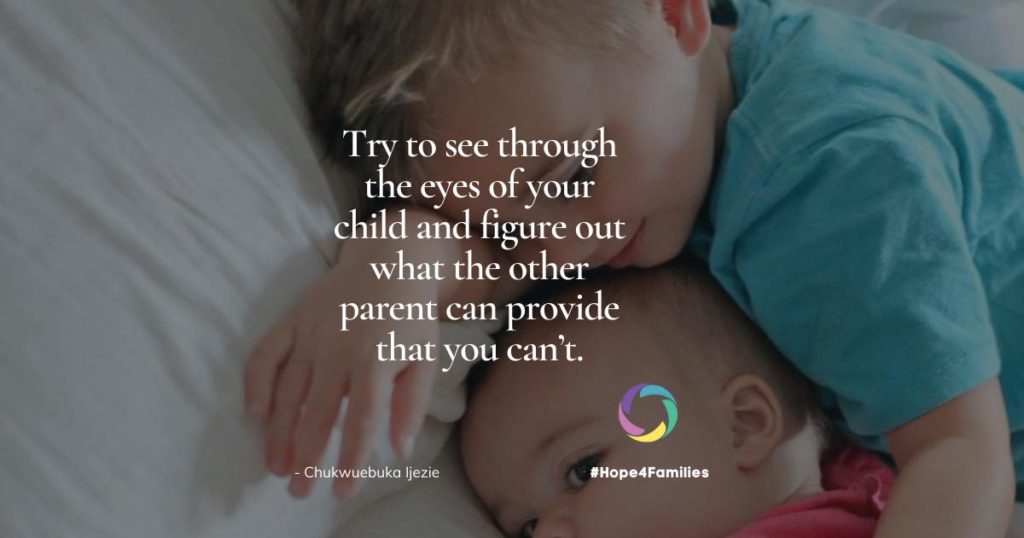How to be a great co-parent even though you don’t get along with your ex
You found a partner that you thought was your endgame. Everything was going well; one of you proposed and the other accepted, the bride price was paid, the wedding was extraordinary, and you both made beautiful kids.

What a dream come true! But along the way, something goes wrong and you both decide it’s best to go separate ways. Unfortunately, your kids get caught in the cross-fire.
Co-parenting is always going to be a mess, especially when you’re young. I bet you’ve watched movies and tv shows that glorified co-parenting, and made it seem extraordinarily simple. Well, reality is quite different, but it’s not impossible.
There are a few tricks to being a good co-parent that work even if you don’t get along with your ex.
1. Recognize your child’s needs:
A good co-parent must recognize that their child now lives two lives. They also have two parents, who may treat them differently and offer them different things because they have two lives. Try to see the world through the eyes of your child and figure out what the other parent can provide that you can’t. Understanding strengths rather than focusing on weaknesses is the key to success in this area. If your ex is better at getting your kids to do their homework, don’t try to dictate when and how your child does it. Perhaps they are better at sports that you don’t have time for. Whatever it is, consider what you and your child require to make your home a better place.
2. You aren’t married, so don’t hold them to the same standard as your husband or wife:
There are reasons you aren’t still married. As a result, don’t hold a co-parent to the same standard as a husband or wife. Rather, hold them accountable for being a good co-parent. This entails taking a deep breath and realizing that it’s okay to let go of your high expectations on occasion.
3.Don’t get into conversations you know may not end:
It’s easier said than done, but don’t start conversations you know aren’t going anywhere. But if you haven’t been able to change your behavior in the past, you won’t be able to change it now. Instead, focus on positive conversations that highlight a co-parent’s strengths. Don’t bring up unpleasant memories from the past. If you need to talk about a difficult topic, ask to schedule a time to talk about it. Being able to prepare for a contentious topic will allow each parent to think more rationally. Also, make certain that the discussions are focused on the best ways to parent. Keep your attention on the child rather than your relationship.


Responses